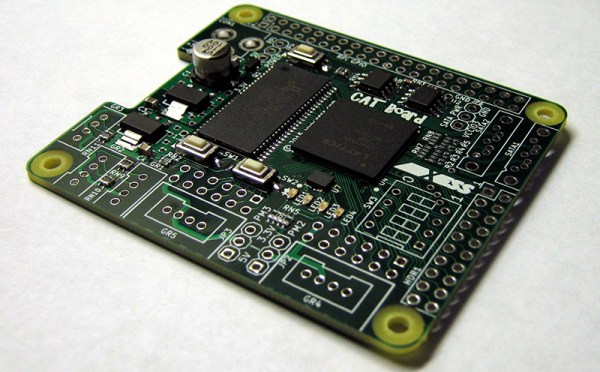For years now, people have been trying to stuff an Intel processor on a credit card sized board. An x86 board that can fit in your pocket is an intriguing device – after all, that’s what Gumstix, the forerunner of the Raspberry Pi, were. Efforts to put x86 on a dev board have included the Minnowboard, the Intel Galileo and Edison, and even the Intel Compute Stick. These have not seen the uptake you would expect from a small x86-powered board, but that tide may soon turn. The UP board is exactly what you would expect from a Raspberry Pi-inspired board with a real Intel processor.
The feature set for the UP board is impressive for a credit card sized board; it’s powered by a quad-core Intel Atom x5-Z8300 CPU running at 1.84 GHz. The board comes equipped with 1GB of RAM, 16GB of eMMC Flash, Gigabit Ethernet, five USB 2.0 ports (one on a pin header) and one USB 3.0 port. Up also includes a real-time clock, HDMI, the same 40-pin GPIO pin connector found in the Raspberry Pi Model B Plus, and DSI and CSI connectors for the Raspberry Pi camera and touch screen.
To be fair to all the previous attempts at making a board built around an x86 chip that borrows heavily from the Raspberry Pi, there haven’t been many chips out there that have been suitable for credit card-sized applications. Only in the last year or so has Intel released chips suitable for an x86 single board computer, and the growing market of Windows 10 tablets bears this out. While it remains to be seen if the UP board will be a success, more than a few people will pick one of these up for a miniature Skype box.

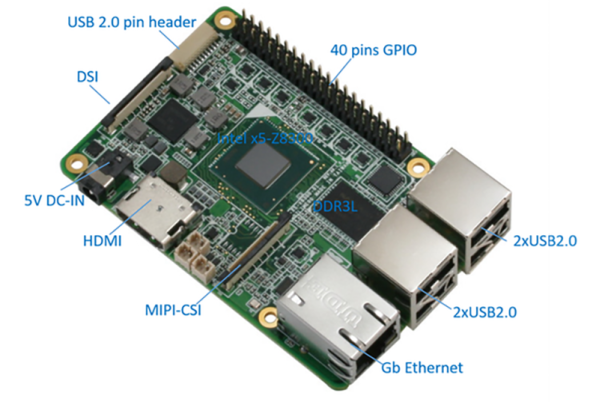
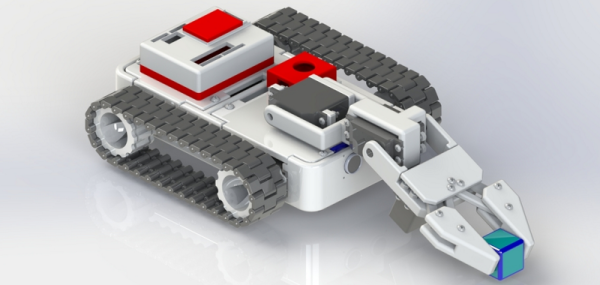


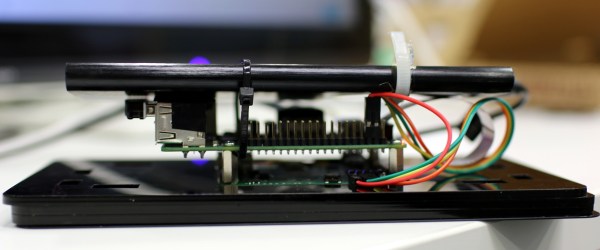
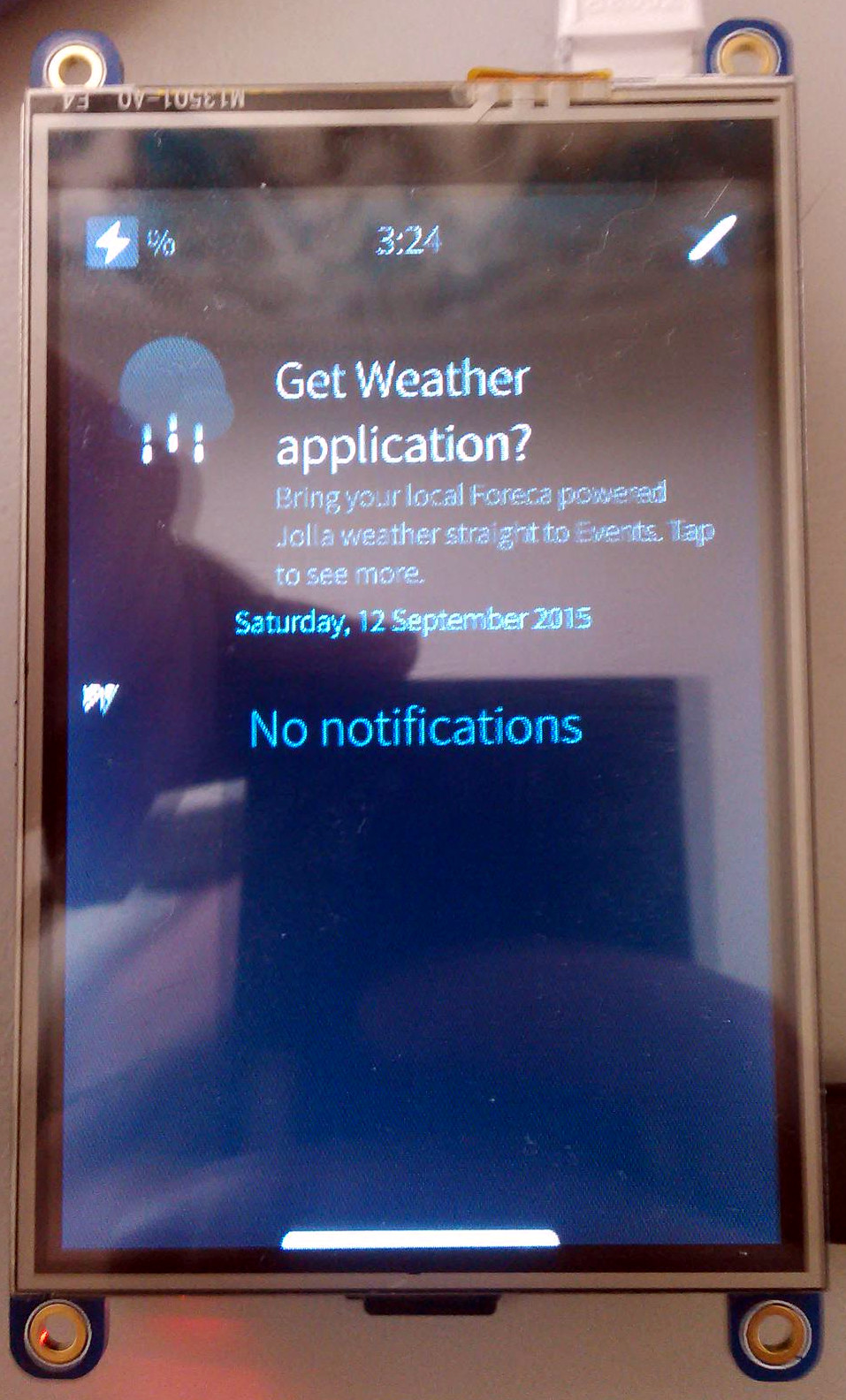 The creator, [Aleksi Suomalainen] expended a lot of effort pulling all the pieces together on this project.
The creator, [Aleksi Suomalainen] expended a lot of effort pulling all the pieces together on this project.
 Of course it’s the how of this that tickles our brains, but let’s finish the setup. This starts with a bottle of Coke which is about 3/4 full. The head space is displaced by spraying propane into the bottle; propane is heavier than air. All that’s left is to turn the bottle upside down and pray it doesn’t smack anyone in the noggin as it takes off.
Of course it’s the how of this that tickles our brains, but let’s finish the setup. This starts with a bottle of Coke which is about 3/4 full. The head space is displaced by spraying propane into the bottle; propane is heavier than air. All that’s left is to turn the bottle upside down and pray it doesn’t smack anyone in the noggin as it takes off.